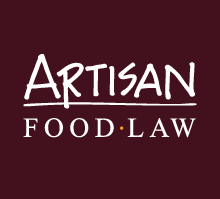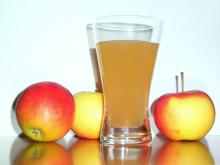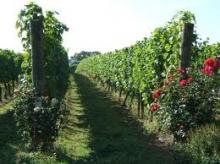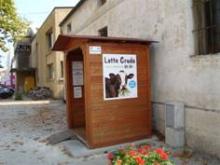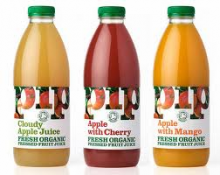The need to implement Directive 2012/12/EU and the desire to make life simpler for fruit drink producers were the driving forces behind The Fruit Juices and Fruit Nectars (England) Regulations 2013. The 2013 Regulations give effect to the Directive and consolidate, with the removal of minor ‘gold plating’ and as a part of the Red Tape Challenge, all the earlier regulations into a single set which came into force on 20 November 2013.
Drinks and Beverages
Food law and the regulatory framework for artisan and small scale alcoholic and non-alcoholic drinks. Wine, spirits, cocoa, fruit juice and nectars.
This year’s harvest of organically grown grapes may be the first to end up in a bottle labelled ‘organic wine’. Up until now the only EU-wide rule was that wine made from organically grown grapes, for which there are rules for organic production, could be labelled “wine from organic grapes”. Wine is the last sector not fully covered by EU rules on organic farming under Regulation (EU) 834/2007.
The Food Standards Agency (FSA) is to consider reviewing the arrangements governing the sale of raw drinking milk and cream when it next meets on 20 March. A report to the FSA Board prepared by the Agency’s Director of Food Safety sets out the current position and recommends the FSA fully assess the possible options for managing food safety risks:
The regulation of fruit juices and similar products is governed by EC Directive 2001/112 which in England is implemented by the Fruit Juice and Fruit Nectars (England) Regulations 2003 (similar provision exists for Scotland, Wales and Ireland) but on 14 December 2011 the European Parliament approved a proposed directive amending Directive 2001/112. The Council need only rubber stamp this proposal for it to become law when published in the Official Journal.
